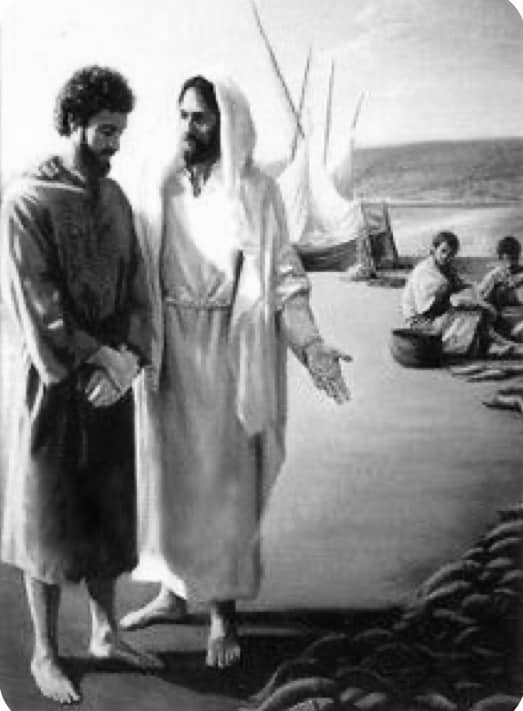6,735 total views

Considering the previous parable on the lost sheep (Mt 18:12-14) as the immediate context of the gospel reading today (vv 15-20), the motive behind the three-step procedure regarding erring brothers becomes obvious. In keeping the desire of the ‘heavenly Father that none any of these little ones should perish’ (v14), it aims to “win over” the brother who sinned (v 15). The verb “kerdainō” κέρδαὶνω generally means “to gain,””acquire” and could have its object either things (material world at the expense of of one’s spiritual life, Mt 15:26) or someone (for reconciliation, Mt 18:15; 1 Pet. 3:1 or for St. Paul, gaining converts, 1 Cor. 9:19ff, and Christ himself, Phil. 3:8).
The first step in the process of correction is based on Lev 19.17: “You shall not hate your brother in your heart but you shall reason with your neighbor lest you bear sin with your neighbor because of him”. This sort of private confrontation should be motivated by love and concern. The second step is based on Deut 19,15: “Only on the evidence of two or of three witnesses, shall a charge be sustained.” The biblical procedure presupposes a criminal offense, but here here the witnesses would help in a sort of “negotiation” in order to urge him to return to faithfulness. Lastly, the step that can be considered as the “adjudication”. If the brother still will not listen, the disciple must tell it “to the church,” the community of those who belong to the kingdom. The whole purpose of this action is to remove every stumbling block, to bring back the strayed into fellowship with the whole community. If that fails, however, “let such a one be to you as a Gentile and a tax-col-lector” a common proverbial phrase indicating those outside the kingdom (cf. 5:46-47).
In the concluding verses, the power to bind and loose, previously bestowed on Peter in 16:19, is now given to the disciples at large. That power would seem to concern either the imposing (and lifting) of decrees of excommunication or the forgiving (and not forgiving) of sins (v18). The ideas of agreement, common prayer, and Christ’s presence are here in the service of exercising the power to bind and loose in the case of the brother who sins (v19). When the community gathers in Jesus’ name to hear a legal case, Jesus is there. When the community agrees, the Father in heaven agrees (v20).
God’s word this week speaks of our Christian responsibility to be willing to correct our brothers and sisters when the need arises. Whenever we practice it we fulfill the desire of our heavenly Father that no one will be lost among us. May all of us have the courage to do it. Amen.

















